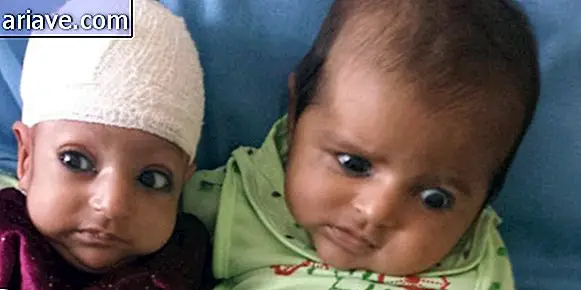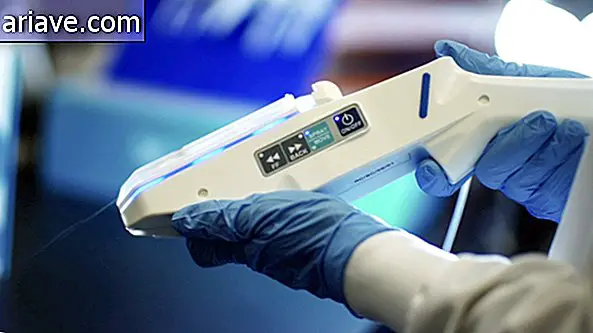Brazil's first cloned and transgenic goat born in Brazil
According to The State of Sao Paulo, on March 27 was born in Fortaleza "Gluca", the first cloned and transgenic goat in Latin America. According to the publication, the animal had its DNA altered so that it can produce milk containing the human protein glucocerebrosidase, used to treat a genetic condition known as Gaucher disease.
As the project leaders explained, Gaucher Disease is relatively rare and affects just over 600 Brazilians. However, the treatment is extremely costly for the Ministry of Health, which spends between $ 180 and $ 250 million per year with the importation of necessary drugs. These drugs are manufactured in the laboratory from glucocerebrosidase obtained by culturing modified carrot or mouse cells.

The production of protein through transgenic goats should have a much lower cost when compared to the conventional method, because, according to the researchers, besides dispensing importation, it is much cheaper to feed animals than cells. In addition, the protein purification process is virtually the same in both cases.
Transgenic goat

The process of "raising" the goat involved introducing a copy of the human gene responsible for producing glucocerebrosidase in the DNA of animals. Then more than 500 cloned embryos were implanted in 45 goats, resulting in 8 pregnancies. Of these, only two have progressed successfully, Gluca's - which is just over two weeks old and developing well - and that of another animal that has not been born yet.
The researchers plan to induce lactation of the cloned goat within four months and if the presence of glucocerebrosidase in Gluca's milk is confirmed, scientists should use the animal's cells to create new clones. If all goes well, the intention is to develop a genetically identical herd for the large-scale production of milk containing the protein that, once purified, will be used to treat Gaucher patients.











